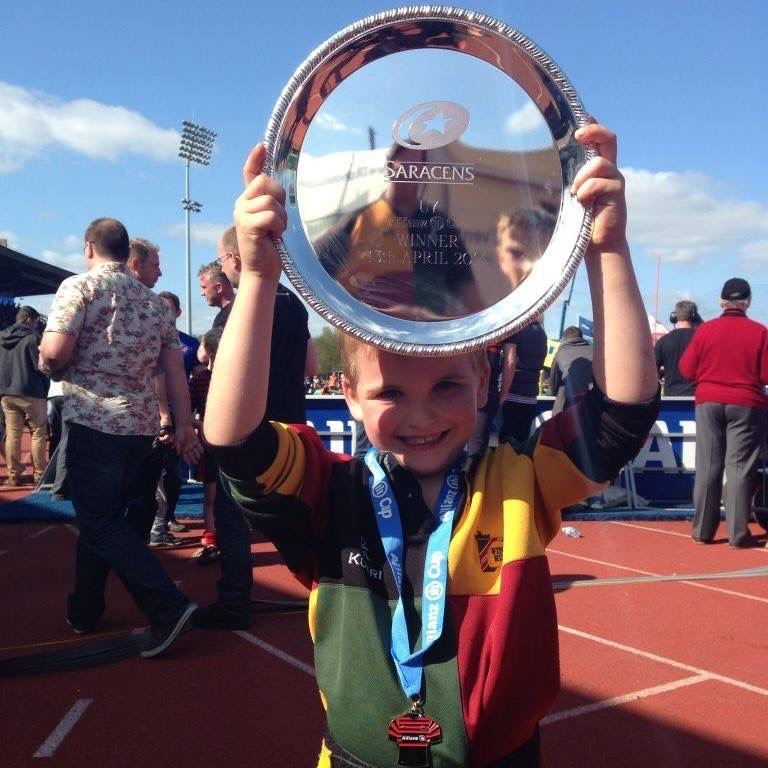Fitness trackers have become increasingly popular, even among young people. These devices, often worn on the wrist, track various metrics like steps taken, heart rate, sleep patterns, and calories burned. While they can offer some benefits, their impact on young people is a topic of debate.
The Pros of Fitness Trackers for Young People
- Motivation and Engagement: Fitness trackers can gamify physical activity, turning it into a fun challenge. Several devices have features like step challenges or badges, such as Google’s “Boat Shoes that progress to Olympian Sandals”, that encourage users to stay active. For example, a study by the University of Bristol found that young people who used fitness trackers were more likely to meet recommended activity levels. This can be a very powerful motivational tool for many young people who grow up surrounded by similar technology at home and in schools.
- Increased Awareness: By tracking their activity levels, young people can become more aware of their habits. This can lead to increased motivation to make healthier choices. One of our young NK Fitness clients, who uses a fitness tracker after getting it for Christmas, says, “It’s cool to see how active I’ve been some days. If I haven’t moved much I’ve sometimes it’ll make me want to go and play football in the garden. Sometimes I’ll try to beat my step record from the day before.”
- Sleep Monitoring: Many fitness trackers for kids can monitor sleep patterns, helping young people understand the importance of quality sleep. This can lead to better sleep habits and improved overall health.
The Cons of Fitness Trackers for Young People
- Obsession with Numbers: Some argue that fitness trackers can create an unhealthy obsession with numbers and metrics. This can lead to anxiety and stress, especially if goals aren’t met. One teenager that we train at NK Fitness says she no longer wears hers because it would make her upset if she didn’t reach her step goal. In turn this made her feel bad about herself. Once again. young people seem to exist in a world of metrics leading to unhealthy comparison with others and themselves.
- Distraction from Enjoyment: Focusing too much on tracking data can take away from the enjoyment of physical activity. Instead of playing freely, young people might become preoccupied with reaching specific targets. Parents view physical activity as a means to an end. Children typically do not – they tend to be most physically active when having fun. We always say to parents that some of the best youth fitness sessions look like absolute chaos!
- Privacy Concerns: Fitness trackers collect personal data, raising obvious concerns about privacy and security. It’s important to be aware of the privacy policies of fitness tracker companies and to choose reputable brands, that are well established. Take time to research the brand and what it does with your child’s data. You probably won’t but read the small print!
The Verdict: A Balanced Approach
Fitness wearables are here to stay, with the industry expected to continue to grow. Fitness trackers for kids can be a useful tool for promoting physical activity and healthy habits in young people. They may have specific application to young people that enjoy technology and gaming. However, it’s important to use them in moderation and to focus on the overall benefits of a healthy lifestyle rather than just the numbers on a screen. Parents and caregivers should encourage a balanced approach, emphasizing the importance of unstructured play, social activities, and a positive body image.
Ultimately, the decision to use a fitness tracker is a personal one. If you choose to use one, be mindful of its potential drawbacks and use it as a tool to support a healthy and active lifestyle, not as a source of stress or anxiety. Like many things when it comes to parenting – it’s another tool in your toolbox to raising healthy, balanced, active children.
